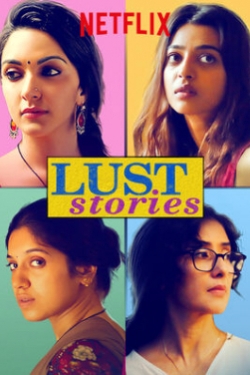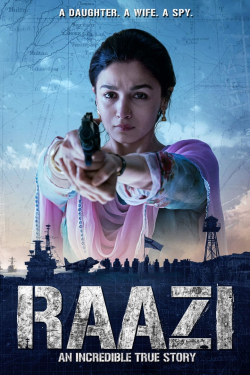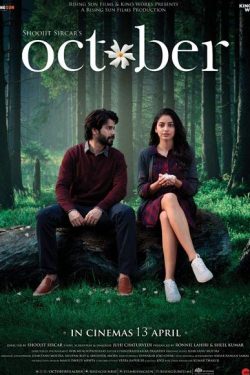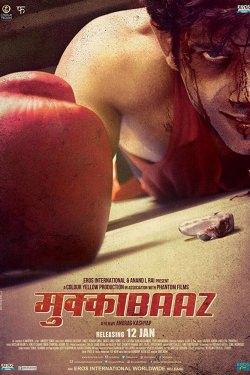Mayank Shekhar
Top Rated Films
Mayank Shekhar's Film Reviews
-
What matters is that at no point do you question, and you ought to hand it to the writer-director who creates enough tension in every scene, even if very little lies beneath. Some of the dialogues are crackerjack. As is the comic timing. The locations are real, and they look stunning. The film holds your attention, and it stars Akshay Kumar. Hey, when was the last time you heard that?
-
…the film itself, tightly put together, ideally watched without an interval, keeps you thoroughly engaged and almost at the edge of your seat until you get to that end. That’s fun enough. Would you even want to look back? I didn’t.
-
At some point towards the end the filmmakers also take their eyes entirely off the ball and begin to deal with extraneous things and side characters.
Responding as an audience, was I disappointed? Yes. Anybody walking in with massive expectations will be (Ab dil hi toot gaya, PK kya karenge?). But could that well be a knock on the expectations rather than the film? Who knows. Was I glad I watched it? Yes. There you go.
-
This one, directed by a relative newcomer Ravi Kumar, benefits hugely from Danny Boyle’s Slumdog Millionaire in its style of presentation—quick camera movements, pacey editing, the screen made vibrant by colourful gunk around unwashed little children… Some of these shots are Third World clichés. But more importantly the film for the most part ends up effectively dramatizing a part fictional, part factual account (reportedly based on Sanjoy Hazarika’s book). It keeps you informed and entertained.
-
The Bollywood script getting written within this film somewhere starts tallying with the hero’s own story. This clever move allows us to flit between a formula pic and an unconventional rom-com. Sadly this is also one of the many reasons Happy Ending’s ending comes a good half hour before everything could’ve ended, for better or worse. But, as an audience, at no point do you totally lose interest. If you keep your expectations in check, this one is definitely worth checking out in the theatre.
-
The title is borrowed from Quentin Tarantino’s Kill Bill. That homage somewhat plays out in the background score sometimes. I suspect Indian filmmakers’ intense love for Tarantino comes from their shared fondness for kitsch. In that sense you’re unlikely to get a finer kitsch-di than this.
-
The relevance of this movie then will be lost on no one in the audience. The relationship between art and morality (or the public and morality itself) has not been a linear one. We tend to go back and forth on this subject every few generations.
-
Eventually, while walking down the aisle, after what could’ve been an exhausting experience, you realise that while you hadn’t really been rolling on the floor laughing, you weren’t quite rolling your eyes either. This is a happy film—much fun, for the most part.
-
The movie is clever and fun for the most part. Yet, as you step back for a second, you realise this is a contemporary ‘Muslim social drama’, and it is about lower middle class Indians.
-
As a film-buff, it’s gently reassuring sometimes to find marquee names that don’t just chase big opening day figures but good films too. With time, Finding Fanny will find fans. I’m only one of the early ones.

























